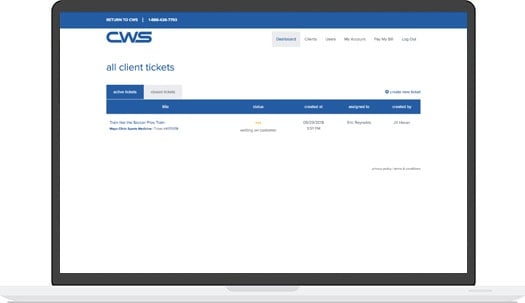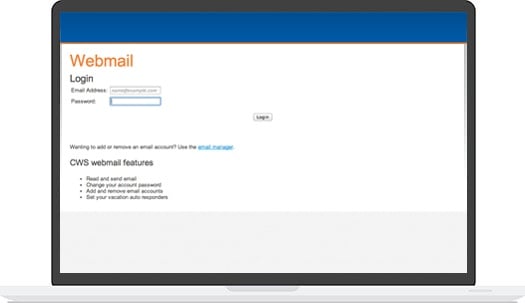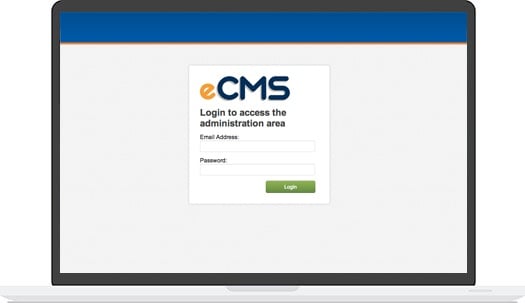Everyone has experienced posting failure. That is, you post an article for your company, and it gets zero shares and maybe two Likes from your co-workers who Like every post you make, even if they don’t read it. Have ever found yourself saying, "Why are people not sharing my content?!" or wondered why your content isn’t more popular with your audience...Here are a few reasons to consider.
1) Your content isn’t relevant
You can write a good article, but if it’s not interesting or relevant to your audience, they won’t share it. Keep learning about your audience so you can be confident that what you write will resonate with them. Remember, resonance = sharing power!
2) You don’t share very often
If you only post once a week (or less), people might forget about you. To get people invested in what you’re about, remind them that you’re there, say interesting things, and say them often.
3) You share too much
It’s important to post frequently, but if you blast emails or Facebook posts every day, it becomes white noise to your readers. It’s important to find a balance between being absent and being overbearing. We suggest that you schedule posts in advance and use editorial calendars (like Trello) so that you have a steady stream of content going to your audience.
4) You only promote your post once
Remember that perfectly-crafted blog post you wrote a few months ago? That’s gold! That’s valuable to your audience. Find ways to re-promote popular posts. Those who missed it the first time will have the chance to enjoy and share it, and people who forgot about it will have the chance to re-share it.
5) You haven’t found your voice
A blog without a voice is like plain oatmeal. It’s good for you, but it’s tasteless and boring (sorry, oatmeal lovers). If you write in a way that doesn’t connect with your audience—if it’s too formal or generic—there’s no chance that they’ll share it with others. Are you satirical? Casual? Formal? If you’re not sure, here’s how you can find your web voice.
6) You don’t use long-tail keywords
You understand that good content is the honey that will bring your reader-bees to your website, but you also know that utilizing SEO can give you the bump you want on a search engine results page. Best practices change quickly, and the big thing (now) is to up your long-tail keyword game because it improves your chance of getting a first-page ranking. (How do I find my perfect long-tail keywords?)
7) You don’t make informed decisions
Analytics are available for your content and website through Facebook and Google. You have the power to see when people are most likely to read and share, what types of content are the most popular, who looks at what you write, and even where these people are. With that kind of data available, it’s important to study it and understand why people are viewing and sharing your content.
Then ask yourself, Does my most popular content reflect my business, and does it reflect my target audience? If so, great; work to improve those numbers. If not, create a plan to attract the people you want with content that reflects who you are.
8) You don’t engage your audience
People like companies they can have a relationship with. If you’re active with your audience and show interest in their lives, they’re more likely to share what you have to say. Share posts from other people and companies. Ask them to answer a fun or challenging question. Use inspiring photos and share personal testimonies to cultivate trust and authenticity. There’s a lot you can do to establish a relationship.
9) You only use Facebook
If you’re active on Facebook but don’t use your website, Twitter, LinkedIn, or another platform, your business is wasting potential. When several sites are used to complement each other, you reinforce your message, its value to your target audience, and give them more chances to share what you’re saying.
10) You’re not having fun
If you don’t love what you’re doing, your audience won’t buy it either. Inauthenticity is the quickest way to keep people from sharing your content. If you want people to share, you need to be passionate.
There’s much to consider when writing shareable content. Even if you do everything possible, there’s still a chance you’ll experience posting failure. When this happens, shake it off, continue to write with your voice, engage your audience, and make data-driven decisions. Above all—and this is probably the best advice—never stop writing. And never give up.


.jpg?t=1533315998368) How-To Articles
How-To Articles Support Portal
Support Portal Webmail
Webmail Rapid Newsletter+
Rapid Newsletter+ eCMS
eCMS
 Our content team is made up of thought leaders, strategists, and content creators who have more than 70 years of combined experience. With a wide variety of backgrounds as entrepreneurs, marketing gurus, healthcare associates, as well as plenty of experience in other industries, we help grow businesses with our relevant, trusted, and helpful resources.
Our content team is made up of thought leaders, strategists, and content creators who have more than 70 years of combined experience. With a wide variety of backgrounds as entrepreneurs, marketing gurus, healthcare associates, as well as plenty of experience in other industries, we help grow businesses with our relevant, trusted, and helpful resources.
